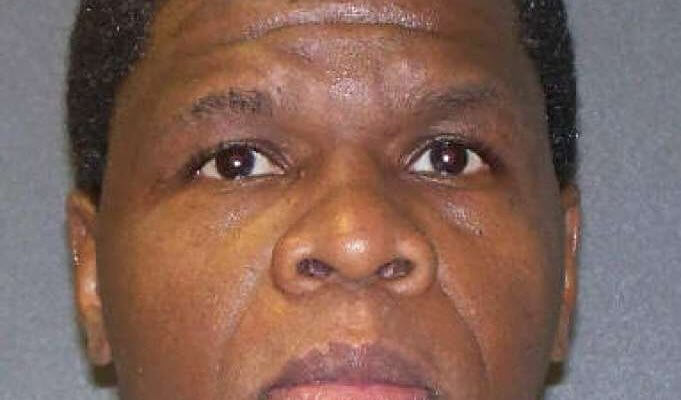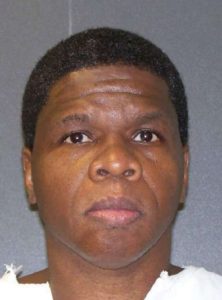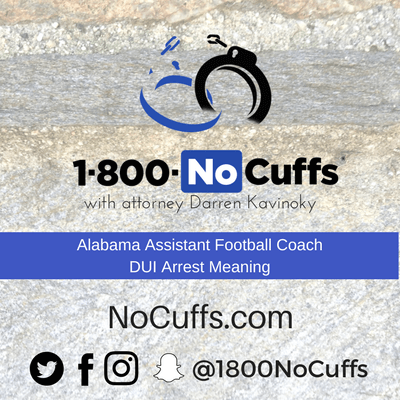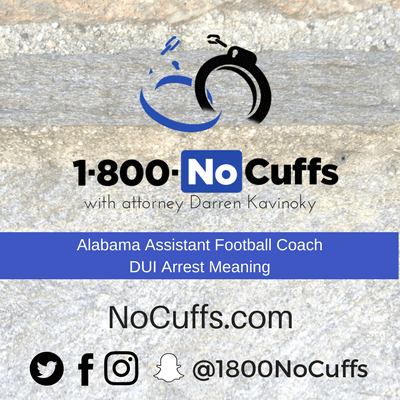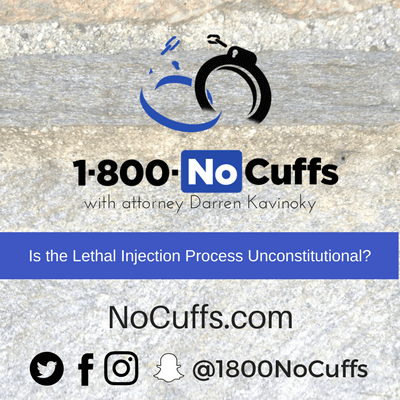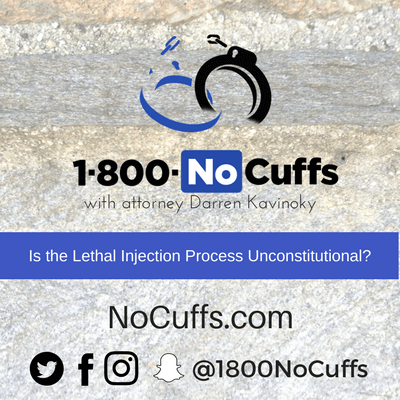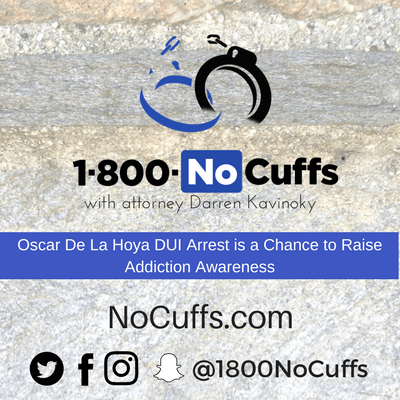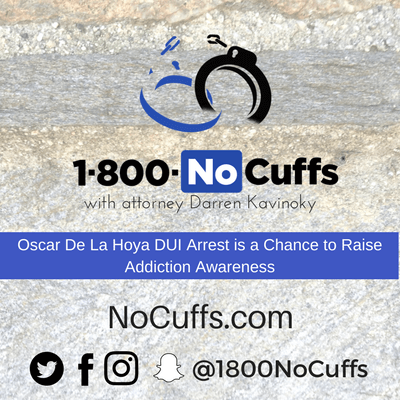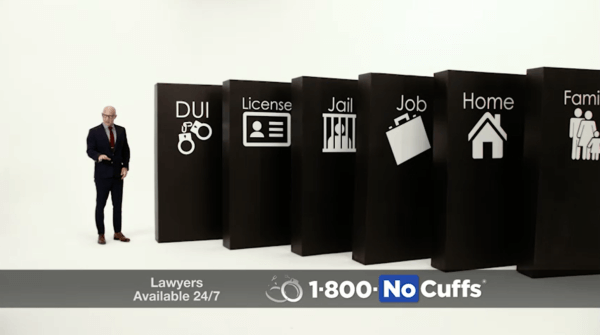The legal ramifications of failing to appear in court (FTA) will not simply go away if you ignore them. When you sign any citation (traffic ticket or misdemeanor) you are essentially agreeing to appear in court. If you fail to do so you could be charged with an additional criminal offense — failure to appear – which is a misdemeanor. If you fail to appear, the court could issue a warrant for your arrest. Also, your driver’s license may be suspended until you follow a set of procedures to get your license reinstated.
Driving With a Suspended California Driver’s License
If your license is not valid for any reason, including failure to appear in court, you should take action immediately. If you are caught driving with a license that was suspended because you failed to appear in court, you could face an additional driver’s license suspension, additional fees for reinstatement, and possibly jail time.
License Reinstatement Requirements
Your driver’s license can be suspended for any number of reasons. If your license was suspended because you failed to appear in court, you will need to appear in court to remove the hold on your license that was issued for the failure to appear. Then, you can have your driver’s license reinstated by visiting the CA DMV office in person and completing the applicable documents and paying a reissue fee.
Other Ramification of Failure to Appear
Failing to appear in court can have immediate negative effects on other areas of your life in addition to your driver’s license. When you fail to appear in court you could be charged with a misdemeanor criminal offense that will appear as an outstanding warrant on a background check. Background checks are routinely conducted when you apply for a loan or apply for a job. You will need to appear in court with your attorney in order to clear the warrant.
Take Action
There are valid reasons for failing to appear in court such as being called into military service, being in jail, or being in the hospital. Regardless of the reason, do not ignore your requirement to make a court appearance. If you have failed to appear in court you should contact a criminal defense attorney to represent you in clearing the warrant. Then, you can contest or settle the matter that was the reason you were to appear in court in the first place.






